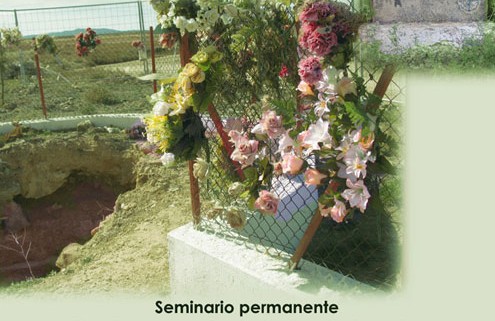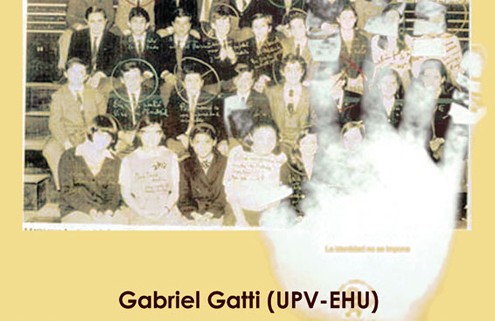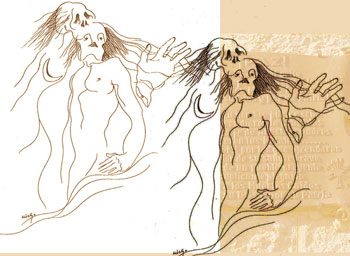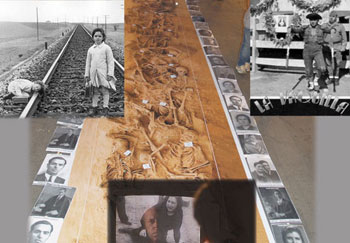International Conference Spatialities of Exception, Violence and Memory
The Inaugural Lecture will take place the 1st of February 2012, 7pm. At the Residencia de Estudiantes. (C/Pinar 21, Madrid). Metro Gregorio Marañon
The Workshop will take place in Madrid on the 2nd and 3rd of February 2012. From 9.30am to 7pm. At the Salón de actos. (Planta Baja, Sector E). Centro de Ciencias Humanas y Sociales, CSIC. (C/Albasanz, 26-28, Madrid). Metro Ciudad Lineal y Suanzes
he aim of the Conference is to create theoretical and conceptual bridges between the critical studies of space and the research on exception, violence and trauma. What kind of spatialities do authoritarian regimes generate and what are their effects on the daily experience of space? What consequences does the notion of camp, as nomos of the modern politics, have on our conception and experience of space? What are the localizations and effects of the archipelagos of exception upon contemporary geographies and how can we account for them? How are the spaces related to terror and exception represented and imagined in the cultural productions during and after terror regimes? What traces do State crimes leave on space and how can the so called post-traumatic architecture or the forensic architecture adequately inform of them? How do the philosophical definitions of ruin, crack and threshold help to think about these questions? And what spaces of resistance, justice or hope arise among these new cartographies of violence?
The conference will bring together researchers from Argentina, the Basque Country, Colombia, Germany, Great Britain, Greece, Mexico, Israel, Poland Spain, Turkey and the USA.










 rmán Labrador Méndez (Universidad de Princeton)
rmán Labrador Méndez (Universidad de Princeton)
